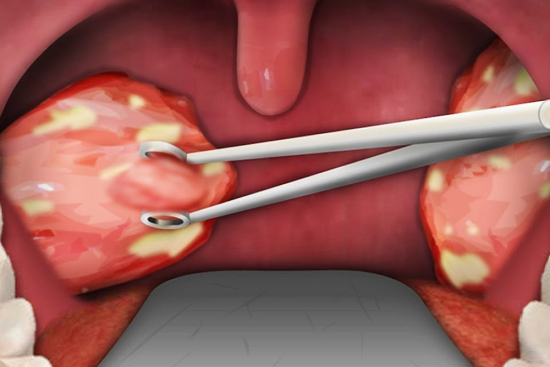Tonsillectomy is a surgical procedure to remove the palatine tonsils, small masses of lymphoid tissue located on either side of the throat. Tonsils are part of the immune system and play a role in the body's defense against infection. However, when they are frequently infected or cause chronic respiratory problems, their removal may be considered.
Cost of tonsillectomy in Turkey
Do you suffer from recurring angina, trouble sleeping or difficulty breathing? Tonsillectomy in Turkey could be the solution to your problems.
The cost of a tonsillectomy in Turkey is around 3 065,41 Dollars.
By choosing Turkey for your procedure, you benefit from recognized medical expertise, modern hospital infrastructures and attractive rates.
Every medical case is unique. That's why we offer you a free personalized quote, so you can make an informed decision.








